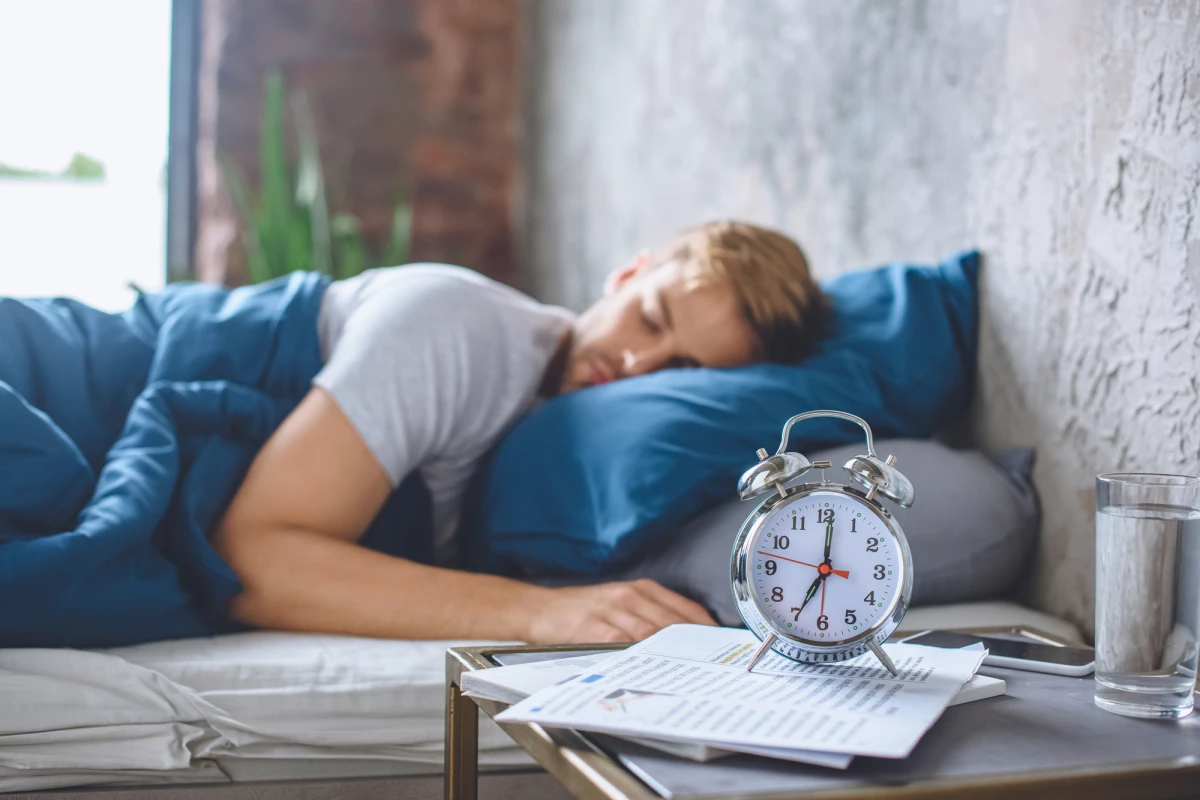Melatonin is already a popular supplement for those who struggle to get a solid night's sleep. But the dosage of the supplement and the best time to take it has remained largely a trial-and-error endeavor. A new study puts that uncertainty to bed.
Melatonin is a hormone made by our bodies' pineal gland that helps regulate our circadian rhythms, the natural patterns our bodies experience in a 24-hour cycle. It begins to build up in our systems shortly after the sun sets, peaks near dawn, and declines during the daylight hours. For that reason, it's sometimes called the "vampire hormone."
As melatonin floods our brain, it creates a sense of relaxation as it works on receptors that begin to prepare us for a good night's sleep. But we only produce miniscule amounts of the hormone, which has led people to boost our bodies' supplies with over-the-counter supplements to help combat difficulty sleeping. Such difficulties can often be caused by exposure to the light coming from our digital devices, which has been shown to interrupt our natural melatonin cycles.
But what is the best time to take a melatonin supplement for a good rest? And how much should you even take?
In an effort to answer these questions, a group of researchers from Italy, Sweden, and the UK collaborated to review the existing scientific literature on the efficacy of melatonin supplementation.
"Our study is the first systematic attempt to identify the optimal dose and time of administration of exo-MEL to enhance its sleep-promoting effect," write the researchers in a paper published in the Journal of Pineal Research. "Moreover, our results are based on randomized placebo-controlled trials (i.e., the most accurate experimental design in medical research), granting a highly controlled value to the conclusion."
As part of this analysis, the researchers looked at a total of 1,689 observations from studies conducted between 1987 and 2020. They concluded that taking 4 mg of melatonin three hours before bedtime maximized the sleep-inducing effects of the hormone. This, they say, is different from current clinical recommendations of taking 2 mg 30 minutes before a desired sleep time.
While hard-and-fast studies of melatonin's overall efficacy are few, there does seem to be significant anecdotal evidence in scientific literature pointing to melatonin supplementation working well for some individuals and not much better than a placebo for others. And at least one study showed that melatonin supplementation significantly improved overall sleep quality. Being that most experts say that short-term use of melatonin is safe, if you are having trouble getting your shuteye, trying a 4-mg dose three hours before you want to sleep certainly seems worth a try in light of the new study.
Source: Journal of Pineal Research






